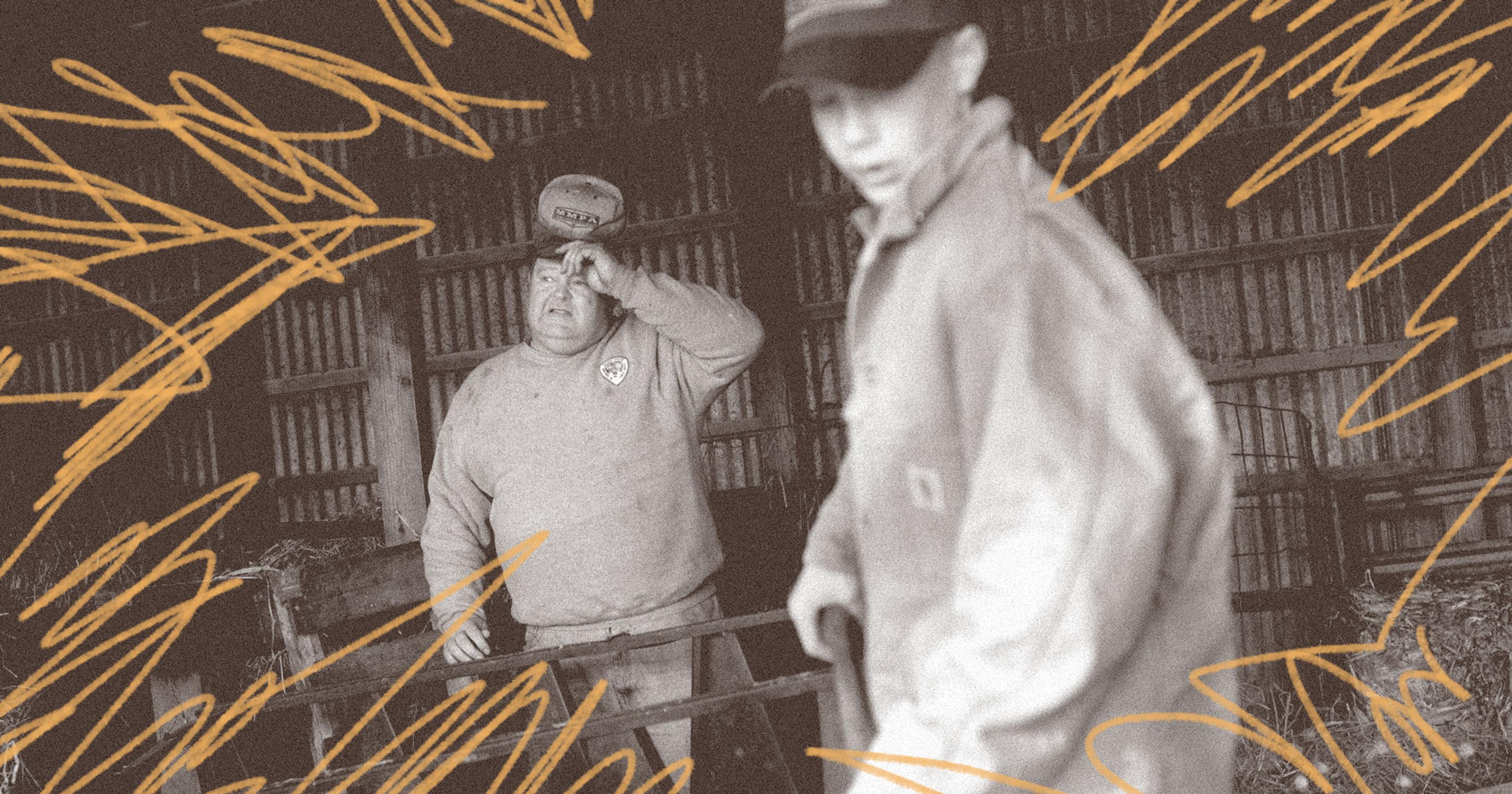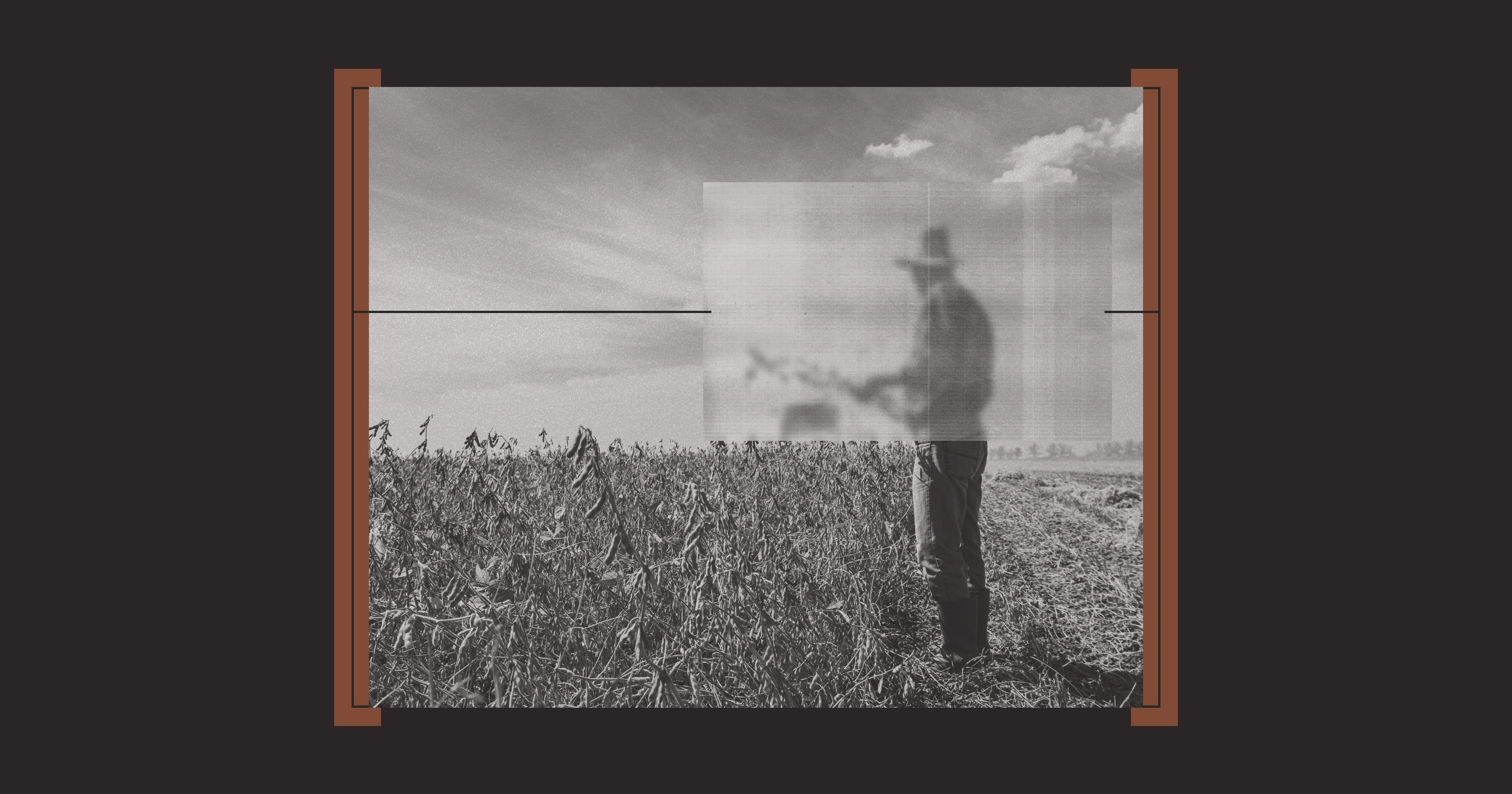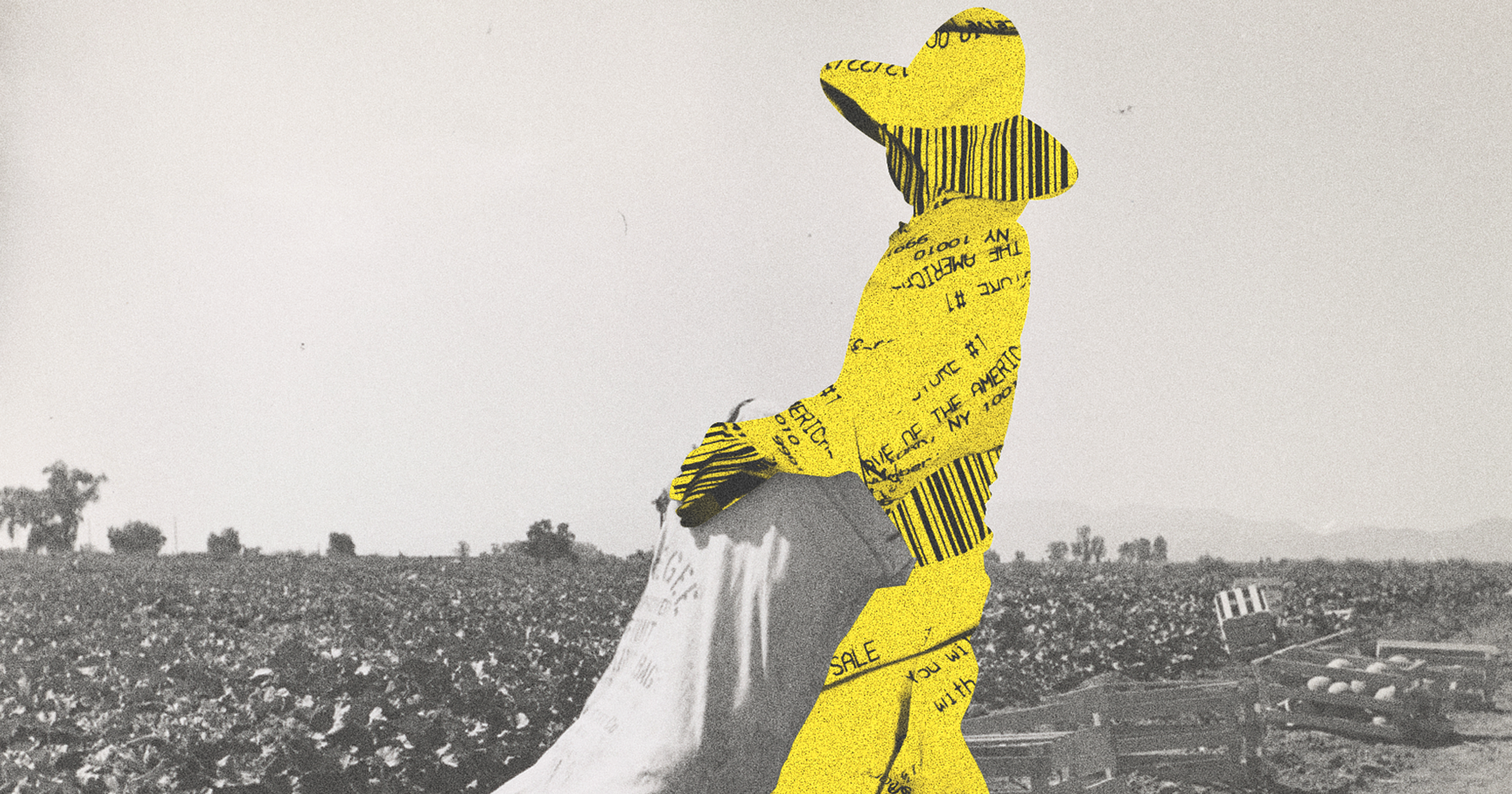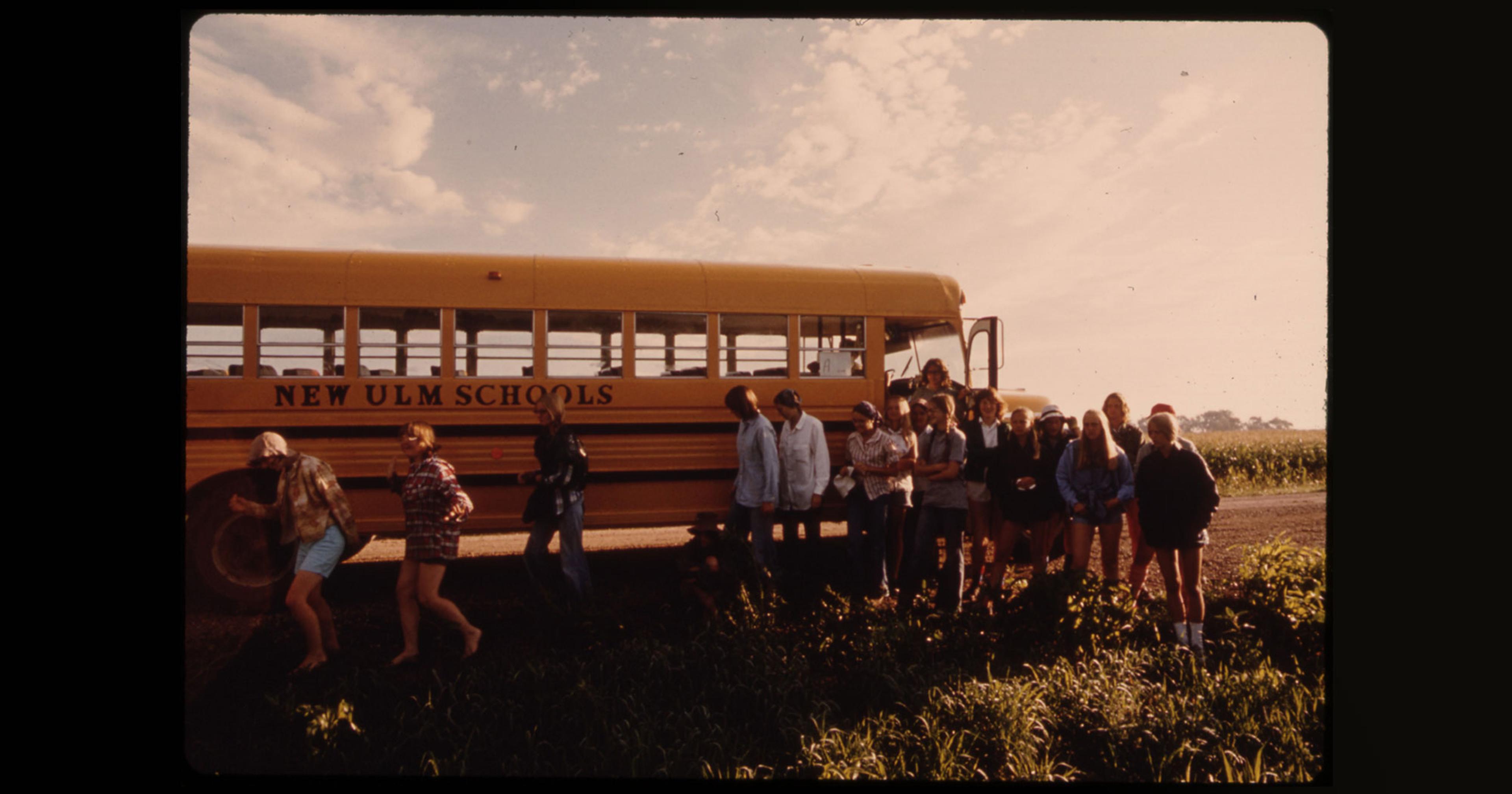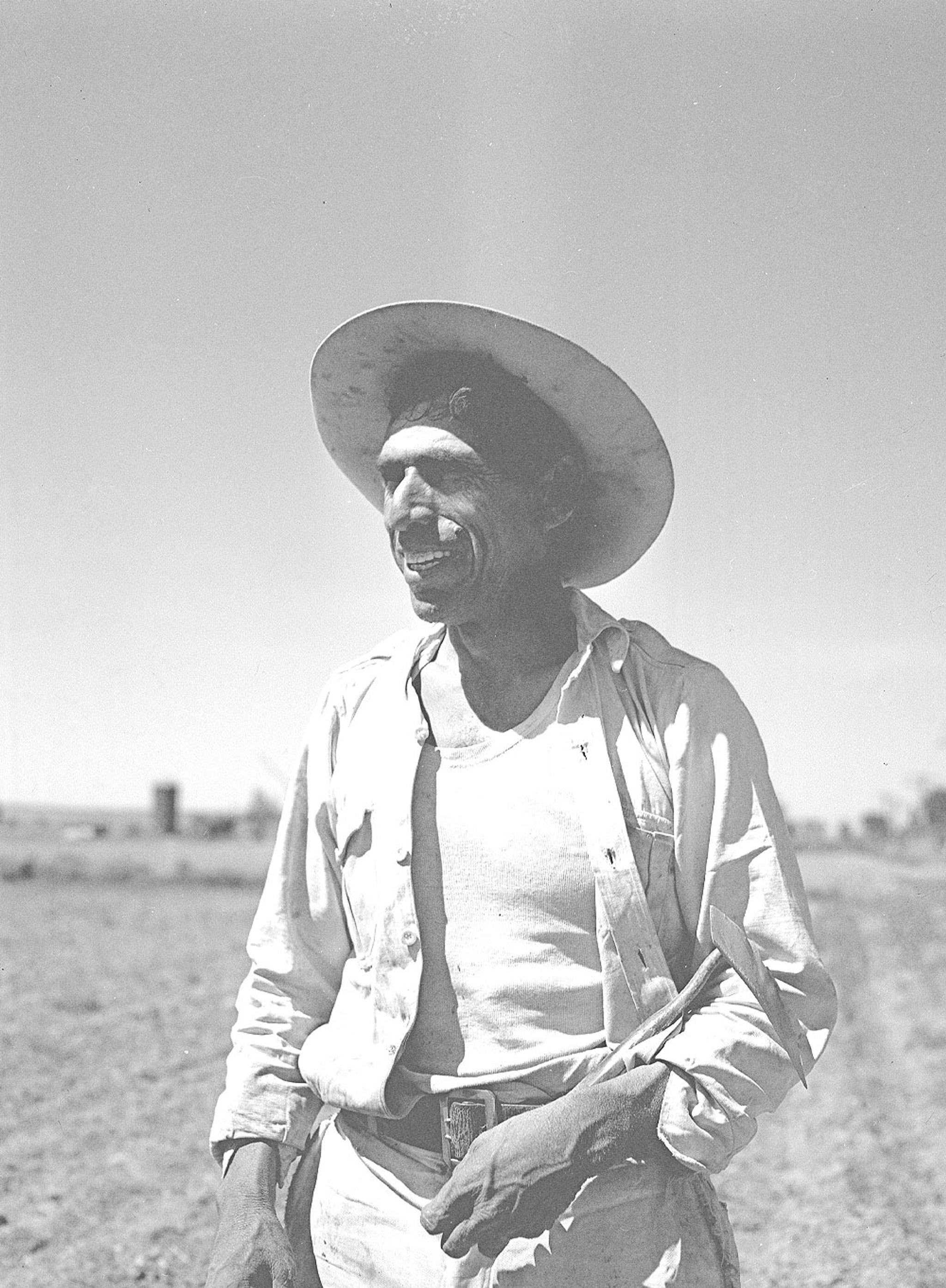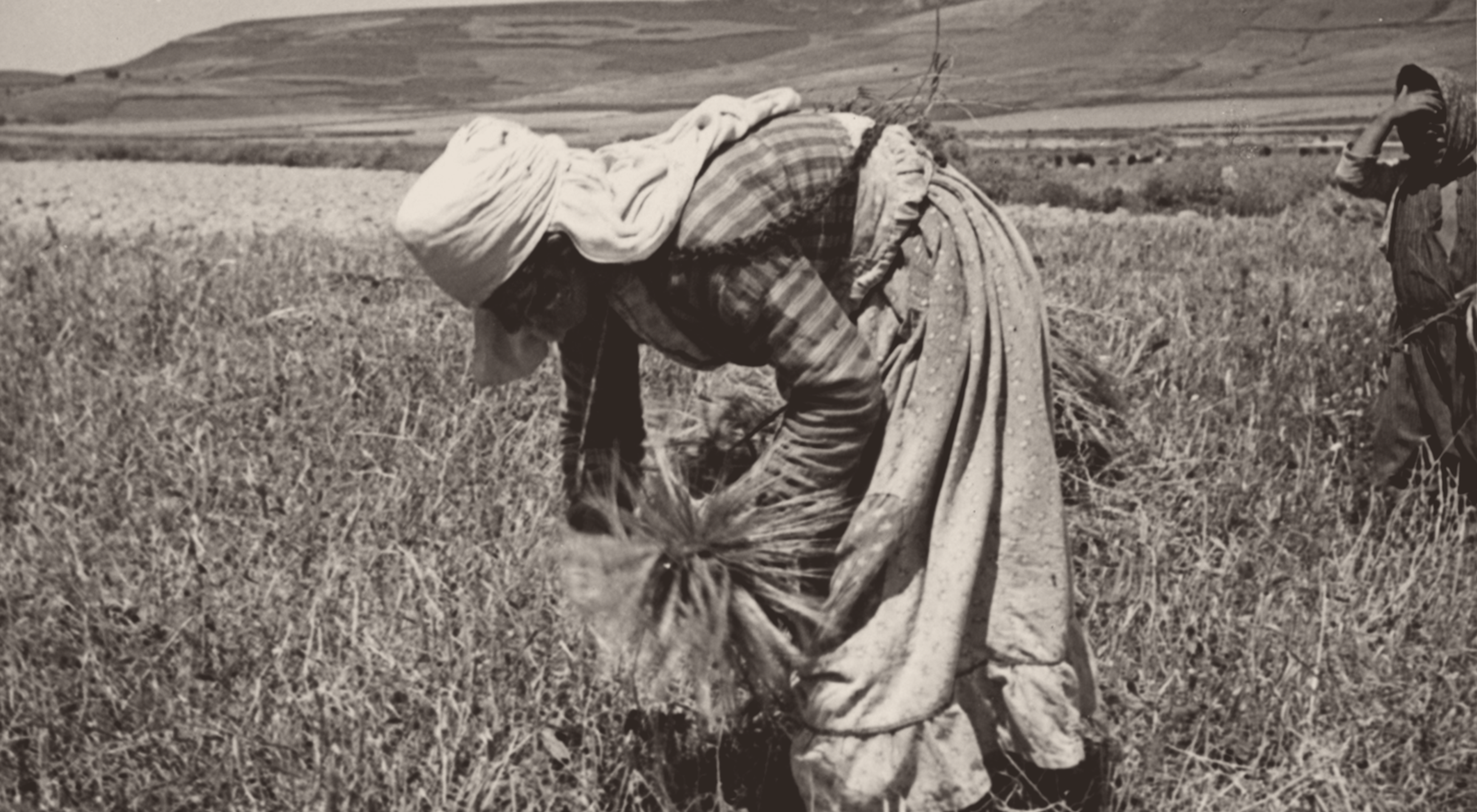More female farm owners and managers are managing stress with binge drinking, new research found.
In 1975, farmer Annie Warmke was digging a ditch on her family’s 100-acre cattle farm in southeastern Ohio. As she dug, she tried to keep an eye on her 6-month-old daughter sitting in the grass nearby. Suddenly, she heard a peculiar noise.
“She had sucked a worm into her mouth like it was a spaghetti noodle,” said Warmke.
This is the story that immediately springs to mind when Warmke is asked whether women farmers experience different stressors than their male counterparts. Where was her then-husband while her kid was eating a worm? “He did nothing, it was ‘not his job,’ as they say,” she said. “I don’t even think he ever changed a diaper.”
Today, Warmke is the co-owner of Blue Rock Station, a sustainable living center and farm. She mentors younger women interested in farming and sustainability, and is an active member of the Women, Food, and Agriculture Network, which connects and supports women farmers.
Though the worm incident took place decades ago and the gender dynamics of parenting continue to evolve, the challenge of juggling caretaking with farm work — among many other stressors — is quite familiar to female farm owners and managers today. Recent research from the University of Georgia examining how gender intersects with stress, resilience, and alcohol use on the farm suggests the weight of these many responsibilities are taking a toll on women in particular.
While the study is not the first to sound the alarm about stress and substance use in agriculture, the use of alcohol among women stands out. The research, led by Christina Proctor, assistant professor at the University of Georgia’s College of Public Health, found women farm owners and managers not only reported “significantly higher” levels of perceived stress than their male counterparts, but also lower resilience — and a higher prevalence of binge drinking.
“Overall, alcohol consumption among women was lower, but when they did drink, they were heavily drinking,” Proctor said.
Proctor and her colleagues reached 987 farm owners, managers, workers, and spouses across the United States through an online survey. Most respondents identified as male, while roughly 29 percent of respondents identified as female, and 0.01 percent identified as nonbinary. The average age of survey participants was 33 and a half — much younger than the average age of farmers in the U.S., according to the USDA’s most recent Census of Agriculture. Proctor attributes this to the survey’s distribution over social media and through QR codes.
Still, the data about women and binge drinking surprised the researchers; Proctor is now conducting a series of interviews with women farmers to build on this research and get a clearer picture of their relationship with alcohol.
Briana Hagen, CEO and lead scientist of the Canadian Centre for Agricultural Wellbeing, has conducted extensive research examining occupational stress, mental health, and coping mechanisms among Canadian farmers. While earning her PhD at the University of Guelph, Hagen and her colleagues conducted surveys of Canadian farmers in 2016 and 2021 assessing mental health outcomes and substance use. The second survey, conducted during the pandemic, found more than twice as many female respondents reported seeking mental health or substance use support during the pandemic than men.
“We’ve only got five minutes to get slop shit drunk and recover before we have to get up the next morning and birth the lambs or milk the cows or whatever.”
While Hagen’s research found similarly high levels of stress and lower resilience among Canadian women farmers, her findings did not suggest a high prevalence of binge drinking among this demographic. Still, Hagen was not shocked by Proctor’s findings.
“Stress among women who farm is only going up, so I’m not surprised that coping mechanisms that are readily available are being used,” said Hagen.
The research also aligns with studies of gender and alcohol use among the overall U.S. population. In the last few years, the gender gap between men and women when it comes to alcohol consumption — particularly excessive alcohol consumption — has steadily narrowed. During the pandemic in particular, alcohol-related deaths increased across genders, with a sharper rise among women. And research has found that women are more likely than men to respond to acute stress with excessive drinking.
Both Hagen and Proctor emphasize that the unpaid labor of caregiving is just one of many stressors women farm owners and managers contend with.
“The stress of farming compounded with the stress of being a woman working in a male-dominated industry, where you do have sexual harassment, stereotyping, and then on top of that the expectation that you’re also supposed to to do all these things we traditionally associate with women, creates a vicious cycle of stress,” Proctor said.
Warmke recalled briefly serving on her county’s Farm Service Agency Board. She ultimately quit because of the sexual harassment and discrimination she said was her lot as the sole woman on the board. She went on to co-found a networking group for women in agriculture called Women Grow Ohio. Members often shared stories of men coming onto their farms asking to speak to the farmer, assuming a man must be running the place. It happened so often that Warmke’s group began selling buttons to women farm owners and managers that said “I’m the farmer.” They were incredibly popular.
“Isolation is the main contributor to substance use disorder and alcohol use disorders, any kind of addiction behaviors.”
“Women would give us five bucks for these buttons,” Warmke said. “That is today’s farm life for women.”
In spite of these obstacles, Warmke herself doesn’t drink. After being raised by parents who drank, and surviving an abusive relationship with an alcoholic partner, she said it doesn’t hold any appeal; she wants to be fully present for her life. But Warmke understands completely why her fellow farm women would lean on booze for relief. And binge drinking in particular fits with her experience of life on the farm for women: There is simply no time to linger over a glass of wine.
“I think we binge drink because we only have certain times to do it, because the rest of the time we’ve got to be responsible,” said Warmke. “We’ve only got five minutes to get slop shit drunk and recover before we have to get up the next morning and birth the lambs or milk the cows or whatever. It’s an escape mechanism.”
Proctor said that research has shown that women in other male-dominated jobs such as fire-fighting, policing, and the military have developed similar binge drinking and alcohol consumption patterns. These occupations are not only primarily held by men, she noted, but can also be physically taxing.
The stress of managing and living on a farm can sometimes be compounded by their rural settings. Heather Majewski, a recovery coach and peer advocate who serves rural communities, grew up in a tiny town outside of Buffalo, New York. She began drinking in her teens, and was later prescribed opioids for chronic pain, taking them for more than a decade.
“About halfway through that, I realized I could take one for my physical pain, and one for my emotional pain,” Majewski said. The insular nature of her rural community didn’t help matters: “Isolation is the main contributor to substance use disorder and alcohol use disorders, any kind of addiction behaviors,” she said.
Women in other male-dominated jobs such as fire-fighting, policing, and the military have developed similar binge drinking and alcohol consumption patterns.
Today, Majewski is sober and co-managing a horse farm. She attributes her sobriety to God, and to her religious community. She encourages women in rural areas who may be struggling with substance use to seek connection.
“Finding that sense of community, in grange halls, in a church, or someplace where you feel really connected, for me is the most important thing,” said Majewski. “There’s so many people just waiting with open arms.”
For farm owners and managers who need help for mental health or substance use, the nonstop nature of their work can be a major impediment to seeking that care. Finding time in the day to make an appointment, much less go to it, is a challenge. Hagen emphasized that mental health providers need to recognize the particular challenges farmers face and adjust accordingly. She recommends making virtual services available when possible, particularly for women who may be caregiving on top of their farm work.
Of the farmers she surveyed, meeting with providers who didn’t understand agricultural work and lifestyles was a deterrent to getting help. One dairy farmer she spoke with recalled finally seeking support for severe anxiety and depression, only to be told by the provider to take two weeks off work — a nearly impossible ask for a farmer.
“They walked out and never came back,” said Hagen. “There’s a need for agricultural literacy among therapists and counselors … Once you get them in the door, you have one shot, and if you aren’t able to meet them where they’re at, they’re not going to come back.”
Proctor emphasized that her team’s research is just a starting place, and is not necessarily representative of farmers nationwide. “One research article isn’t enough,” said Proctor. “We need to do this multiple times, in different populations.”


